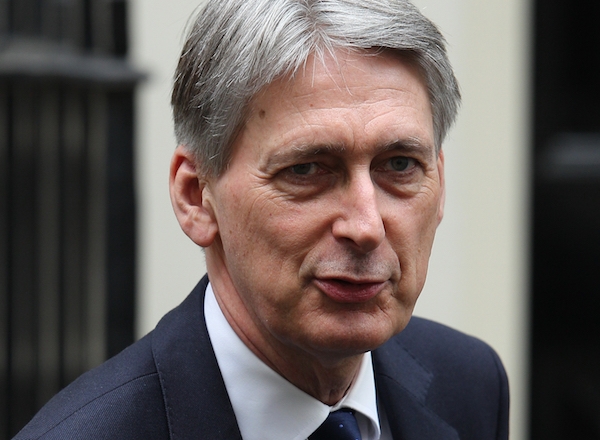Industry experts have welcomed Chancellor Philip Hammond asking the Office of Tax Simplification to review Inheritance Tax, a move that could pave the way for reform.
In a letter to the OTS, the Chancellor said that he wanted to hear proposals for “simplification” in the coming weeks.
In his letter sent earlier this month, the Chancellor wrote: “Inheritance tax, and the system within which it operates, is particularly complex, and I would like to request that the OTS carry out a review into the IHT regime. I would be most interested to hear any proposals you may have for simplification, to ensure that the system is fit for purpose and makes the experience of those who interact with it as smooth as possible.
“The review should include a focus on the technical and administrative issues within IHT, such as the process of submitting returns and paying any tax due, as well as practical issues around routine estate planning and disclosure. It could also look at how current gifts rules interact with the wider IHT system, and whether the current framework causes any distortions to taxpayers' decisions surrounding transfers, investments and other relevant transactions. I look forward to agreeing the detail of the terms of reference in the coming weeks.
In the tax year 2016/17 Inheritance Tax brought in nearly £4.9bn to HMRC’s coffers.
Sarah Coles, personal finance analyst, Hargreaves Lansdown, said: “Hammond suggests the Office of Tax Simplification looks at whether the current inheritance tax framework distorts decision-making, well we can save them the time, because of course it does. The tax framework distorts people’s behaviour and financial decisions, and inheritance tax is no exception.”
“Anyone who has ever wrestled with estate planning and inheritance tax can appreciate that the whole system can be a nightmare of complexity. The pension freedoms and the additional residence nil rate band may have reduced IHT for many, but they have made things much more complicated rather than less, so it’s about time someone took a big red pen to the myriad of rules and regulations.”
Hargreaves Lansdown believes that among the areas in the spotlight for the change could be: Deeds of variation, Potentially Exempt Transfers, the IHT status of pensions and ISA, Trust taxation, the Nil rate band and main residence nil rate band, the annual exemption and investments which qualify for business property relief.
Danny Cox, Chartered Financial Planner at Hargreaves Lansdown, said: “At the moment, planning within the system is decidedly lumpy and uncomfortable, and potentially pushes people into financial decisions they wouldn’t otherwise make. Reducing the tax you pay is simple in concept but often complex in execution, leaving administrative headaches for your executors and beneficiaries.”
“People are drawn to making large gifts to reduce tax, but the danger is that they under estimate their life expectancy and leave themselves short, particularly with the rising potential for long term nursing care. However, any changes aren’t likely to be overnight sensations.”
Rachael Griffin, tax expert at Old Mutual Wealth, said: “The Office of Tax Simplification pointed to inheritance tax as an area ripe for reform in its plans for the year ahead and with the weight of the Chancellor behind it, the OTS has a golden opportunity to simplify this complex area of taxation.
“One of the best examples of over-complication in death taxes is the residence nil rate band (RNRB), which is incredibly complicated and causes a lot of confusion. Our research revealed that 70 percent of people have no idea how the RNRB works.”

